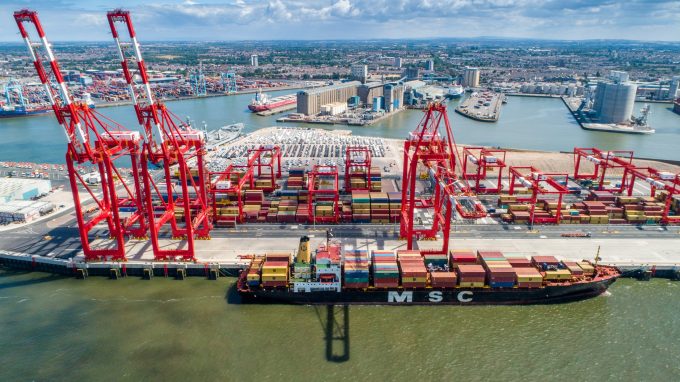UK-EU trade 'reset' could be on the cards if France uses its 'clout'
A bilateral agreement between the UK and France could offer Britain its best opportunity for ...

Now, more than ever, businesses need the confidence that their supply chains can cope with whatever the economy and the world throws at them.
Over the last few months, ports have played a pivotal role in ensuring the UK remains fed, fuelled and supplied with key medical products.
As the primary gateways for goods entering and leaving the country, ports understand first-hand the immense challenges ahead.
Forward-thinking operators also understand the importance of building supply chain strategies that are agile and resilient enough ...
Maersk u-turn as port congestion increases across Northern Europe
Apple logistics chief Gal Dayan quits to join forwarding group
Maersk Air Cargo sees volumes fall as it aims for 'margin in favour of revenue'
Airlines slash freighter capacity post-de minimis, but 'the worst is yet to come'
Houthis tell Trump they will end attacks on Red Sea shipping
Transpac rates hold firm as capacity is diverted to Asia-Europe lanes
MSC revamps east-west network as alliance strategies on blanking vary
India-Pakistan 'tit-for-tat' cargo ban sparks sudden supply chain shocks


Comment on this article